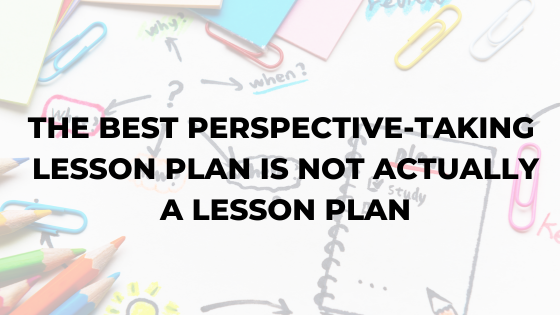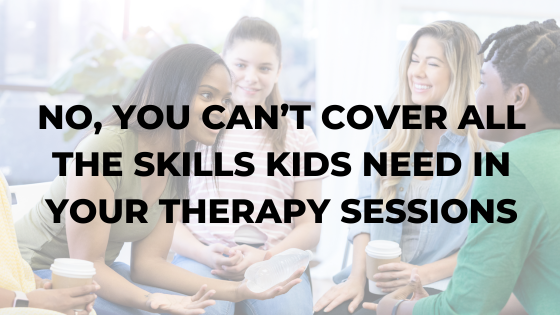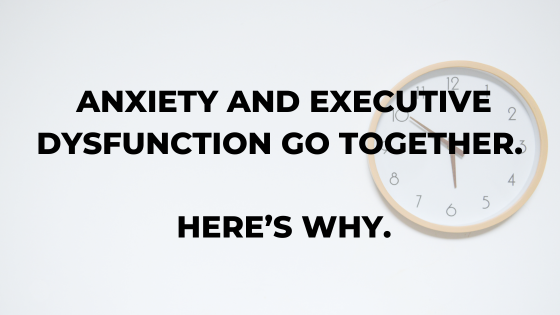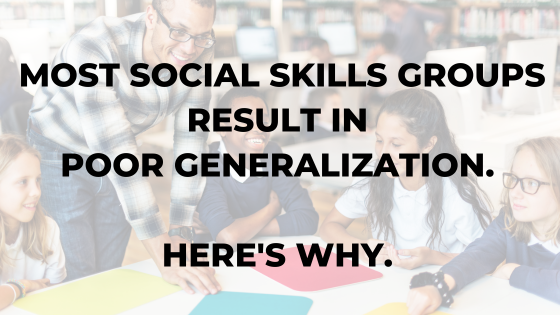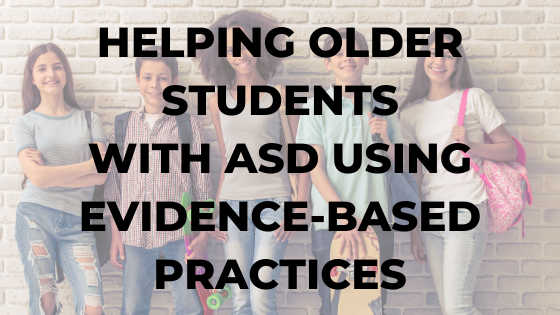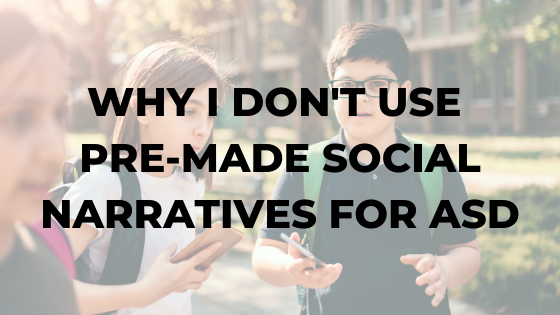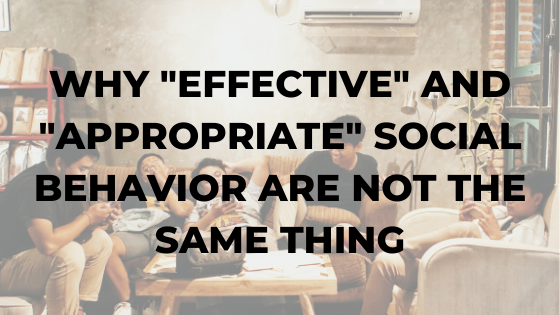One of the most disheartening things I’ve seen in clinical communities is how polarizing certain topics have become. A topic on that list would be “following directions” goals. While I’d agree that goals for following directions often end up being too compliance-focused in the way they’re implemented, I’d caution people from throwing the baby out with the…
Category: Social-pragmatic skills
The best perspective-taking lesson plan is not actually a lesson plan
Recently in some clinical discussion groups, I’ve seen therapists asking for lesson plans to build perspective taking and situational awareness. This makes me feel optimistic, because it shows that they understand that social skills issues are related to executive functioning. But “activities” for improving perspective taking will not come from a set of materials you…
No, you can’t cover all the skills kids need in your therapy sessions.
When I tell related service providers that they should be coaching and training other members of their school teams, the most common objection I get is that they don’t have time. However, most of them ALSO feel like they have too many skills to work on in therapy. They ask, “How can I possibly get…
Anxiety and executive dysfunction often go together. Here’s why.
Many children continue to experience anxiety about new situations or avoid challenging tasks, despite going to therapy and talking through their feelings. This is often because the intervention is not adequately supporting students’ executive functioning skills. In this video, I explain why anxiety and executive dysfunction go hand-in-hand, and what’s often missing when anxiety persists…
Most social skills groups result in poor generalization. Here’s why.
The most common complaint I hear from K-12 therapists relating to social skills is that kids don’t generalize what they learn in therapy to the real world. That’s because most therapy sessions are done in an “academic format”, and social interactions aren’t “academic”. Human interactions in an unstructured environment requires an essential set of cognitive…
Helping older students with ASD using evidence-based practices
When I search through a lot of commercially available social narratives for people with ASD, I often find myself underwhelmed. In many cases, they just don’t fit the specific scenarios relevant to students. In other cases, they’re too cutesy and not a fit for older students. There’s a lot about playing with friends, taking turns…
Why I don’t use pre-made social narratives for ASD
Every so often, people ask me for some social scripts for students with ASD and related diagnoses (pre-made, from worksheets or flashcards). The truth is, as much as I appreciate what people are trying to accomplish with social narratives worksheets and printouts… It would feel disingenuous to offer them because I rarely used them…nor do…
Why “effective” and “appropriate” social behavior are not the same thing (and what it means for intervention)
A lot of the goals I see for pragmatic language center around “appropriate behavior”. And a lot of the questions I get about social skills interventions are about how to write/track those goals effectively. You may have noticed that a lot of your students in this population get reprimanded for acting out in class or…

